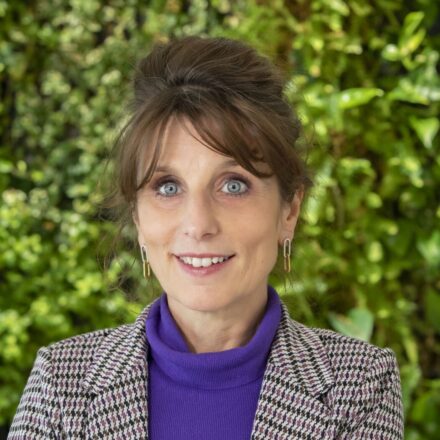Sustainability and EBN's strategy
The ambition of the Dutch climate policy is to be completely climate neutral by 2050. EBN, as a public energy company wholly owned by the Dutch Ministry of Climate and Green Growth, contributes to the Dutch climate policy’s goals. The policy combines energy security and sustainability. We are committed to a reliable, affordable, and sustainable energy supply for the Netherlands, today and in the future. We are working on the creation of a sustainable energy system that is necessary to achieve the climate goals.
We do this by working on:
-
The development of a sustainable and accessible energy system for all.
-
The transition of our gas system; after 2040 we want to be able to sell gases in a climate-neutral way. EBN is also involved in the electrification of drilling rigs, reuse of infrastructure and exploration of the development of sustainable gases.
- A sustainable heat transition; we work on the large-scale extraction of geothermal energy in various projects and the development of collective heat systems.
- And responsible CO2 storage; we are working on the realisation of a CO2 transport and storage system under the North Sea.
We work closely with public and private partners and use our knowledge, expertise and financial rigour to accelerate the construction of a sustainable energy system. This is necessary in order to meet the climate goals. Energy, today and tomorrow, must be affordable and reliably available to everyone. This means that security of supply and sustainability must and can go hand in hand. That also determines EBN’s focus: accelerating our sustainability task and ensuring energy security for everyone. This requires direction from the public interest and good cooperation between government, companies and civil society organisations.
In-depth conversations, based on the right facts and figures
Our knowledge has unique value: knowledge of our specific fields, the market, the technology, but also the energy system and the facts and figures. Knowledge that makes us a key partner in projects that can boost their impact, not least financially. And that knowledge is what we use to conduct in-depth conversations based on the right, objective facts. In an environment characterised by complex changes and information flows, in an increasingly polarised world where many live in filter bubbles, a public organisation that conveys objective reality is more important than ever.
We want to enhance knowledge and raise awareness of energy and the energy system, with a diversity of target groups and at different levels of knowledge. Politics, business, and the wider public are already discussing the energy transition. We not only see it as our task to encourage this dialogue, but above all to ensure that everyone has the information they need, based on facts. We are already doing this in many ways, including through the annual Power Breakfast, the Energy in the Netherlands infographic, our Transition Talks, and the ‘Week of the…’ series. But we also go further by providing our partners with knowledge, publications, research, and reports and by contributing to development and education in schools.


